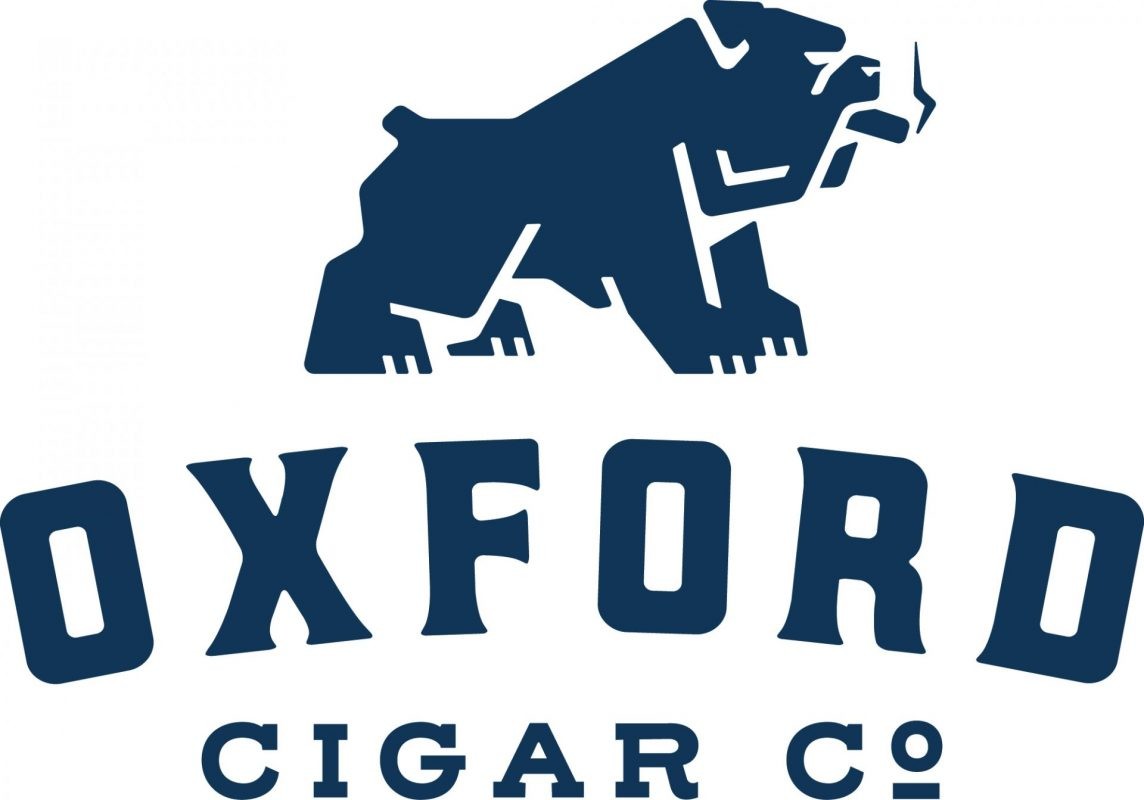News
“I Bought 250,000 Dollars’ Worth of Cigars”
How can someone spend a quarter of a million US dollars on cigars? Is it even possible? Well, I guess it is. While listening to our good friends from the podcast The Cigar Authority and Two Guys Smoke Shop a few weeks back, I heard a conversation between the latter’s owner, David Garofalo, and his cigar buyer, Ed Santamaria. Ed has been working for Dave for over 25 years, literally buying every single cigar that Dave sells in his retail and online shops. I have seen the stores and his warehouse (and they are massive), and I can attest that Dave is one of the most successful cigar retailers in the United States.
So I figured that whoever is buying cigars for Dave Garofalo’s shops must know what he’s doing. After seeing them at the PCA 2024 show in Las Vegas, I decided that having a chat with someone who has spent that much money on buying cigars was worth sharing with others. And I invited Ed to tell Cigar Journal readers about his life and experience in buying cigars.
Jorge Tapies: Tell me about you, your background. How and when did you meet Dave Garofalo? And how did you land your job?
Ed Santamaria: The first Two Guys Smoke Shop was in Somerville, Massachusetts, which is where I grew up. Back then, it was just the typical “smoke shop” of the time. It opened in 1985 and they had everything under the sun. Occasionally, I would ride my bike there and get baseball cards or other things a typical 9-year-old is interested in. My mother would also pop by on occasion for various reason, and as we became friends with Dave and his family, my mother started working for him.
After my first year of college, the school decided that I probably shouldn’t be there anymore – I was having too much fun. So I found myself getting ready to find a part time job for a few days a week. We went to Dave’s mother’s house to see the family and he mentioned he was looking for someone, so I jumped at the chance. The cigar boom was just kicking into full gear and hearing him talk about the excitement piqued my interest. I knew nothing about cigars at the time. I started in the small confines of the East Boston store, which was a retail store as well as where we shipped orders from.
In 1995, I started working there for a few months part-time, learned the ropes and learned about cigars. At only 18 years of age I was eager to learn, I read all the magazines and books I could find. Even though I was young, I listened to the sales reps. I didn’t ask them a lot of questions because they looked at me like I was a kid, which I was … but I listened.
The guy who had been handling the website and mail-order operation left abruptly in November 1995, so I picked up a few more hours. Then in mid-December, my college asked that I not return. Unfortunately, I’d dug such a large hole my first year that even my improved grades couldn’t get me back into good standing.
I needed to grow up, and this was an interesting crossroads. So I asked Dave if I could come on board full-time and decided to go to school part-time. I would eventually graduate after seven and a half years. I always joke with my wife when she asks me a medical or legal question – “I know I went to school for seven and a half, years but I’m not a doctor or a lawyer!”
In the meantime, we’d started inputting data into a new POS (point of sale) system and I felt like I was part of something bigger that was growing at a quick pace. Fast forward to 1996, a new cigar tax was introduced in Massachusetts, so Dave packed up the “whole company,” which was really just me and moved to a new location in Salem, New Hampshire. The plan at the time was just to have a spot for mail orders but it had a store front. Then, after a couple months we decided to open a shop. We had added a couple of employees but were still understaffed, so Dave decided to take the lead in the store and gave me more responsibility in the back.
JT: How did you land the “buyer” job with Dave?
ES: At that point, I started to dabble in the buying process, the cigar boom was a crazy time. Today there’s no such thing as a bad cigar; tobacco has come a long way. Back then, that wasn’t the case, there was a lot of bad stuff around. Whether it was low-quality tobacco, under-fermented or poorly constructed tobacco, or lots of bad packaging and branding. So we would smoke samples and talk about it. This helped me to develop my palate and talking to customers on the phone or in the store helped me acquire more of an understanding of the consumer. I would also spend the mornings calling cigar manufacturers. There were no backorders at the time, so we had to call companies, local wholesalers or reps to see what we could get. Some days were good, and some were bad.
As we grew and technology improved, we were able to upgrade our internal systems, so that when things settled down, we were able to manage our buying better. We were able to track purchases and see patterns. By some time in 1998 or 1999, I was running reports and planning orders for existing items, and we were discussing new items – what we liked, what we didn’t like; why we thought it would sell, why we thought it wouldn’t sell. Those latter two questions are key. There are many cigars I don’t personally enjoy, that we sell a ton of, and, on the flip side, there are many I love that we don’t sell a lot of. I have to be subjective and pull the trigger based on numbers and not my taste.
After that, I started going to trade shows, and Dave trusted me to make decisions based on the strategy he’d developed. In 2007, I moved to the Nashua location, which we opened as a new store and the new warehouse that would distribute to our stores. Dave kept his office in Salem.
JT: How did you make the estimate on your lifetime cigar purchases with Dave’s companies? How far back did you go?
ES: To be honest, I’d never really thought about it until one day just before he had me on The Cigar Authority and he threw that number out at me. At first, I thought that it sounded a bit high but as I started to break it down, I realized it was spot on.
JT: The brand you’ve bought the most over time?
ES: That’s a tough question. I’d have to guess that it’s Padrón. The numbers we’ve done with Padrón cigars over the years are astonishing. They’re a great company to deal with.
JT: The secrets and pitfalls for a good cigar buyer?
ES: Sometimes a deal is too good, and you have to say no. Don’t think that you can’t. It’s business. It’s not personal. I have some tremendous relationships with people who we buy lots of cigars from … but I also have great relationships with people that we don’t do business with. Sometimes things don’t work out. I don’t take it personally. I’m also not the guy who says “I’ll think about it” if I’m not really going to think about it. Stalling only wastes their time and mine. I’d rather be honest and say, “This isn’t going to work, and this is why.” Sometimes it doesn’t work. Other times, that answer can stimulate a conversation that not only solves the problems on both sides but makes it work. So in any relationship, don’t be afraid to be honest. If I make up stories, I must remember what I said. The truth is easy.
JT: Your favorite brands to buy, your least favorite?
ES: The ones we sell a lot of, of course. I’m a numbers guy, so the ins and outs, watching the ups and downs is what’s exciting. This sells here, why? This sells there, why? Watching new brands take off and watching old brands come back to life is exciting. To tell you which brands I like to buy the least wouldn’t be fair. It may be a sales issue. It may be a people issue. These are all topics we discuss behind closed doors. Again, it’s business. We don’t have to love everyone, but we have some incredible partners.
JT: How do you say no? Explain your comments on “maybes.” What takes you to a yes right away?
ES: These are all numbers-based as well. When considering a new brand, we have to look at the past, present and the future. What have similar brands done in the past; what has this company done in the past? What are these brands’ current place in the market; what is this company’s place in the market? What’s the potential for this company or brand in the future? I’m not basing it on whether I like the rep or even if I like the brand. It’s numbers and history. At that point it may be a no, but it’s not just no, it’s a no and this is why. Again, I’d rather be honest. It’s also most likely not a no forever. Maybe we don’t like the way the brand is positioned, but we may be willing to try it down the road.
I don’t like “maybes.” I never want to string anyone along. Sometimes we may want to talk it out and do a little research, but I don’t like to leave the maybes hanging. I like them to be a yes or no. Saying yes right away comes from those brands that check all the boxes: the cigar is good, the packaging is great, the brand image is clear and concise, the standing of the company is clear. It’s a product they are proud of, and we also believe, based on our experience, that it’s something we can sell. I’m not always right, but I have a decent record. All-stars in baseball only hit the ball three out of 10 times … We are much better than that.
JT: Who has the final vote, you or Dave? What happens when you disagree?
ES: Over the years, this has evolved. He’s comfortable with me making the decisions. I’ll keep him in the loop and make sure I can answer his questions but he’s open to my choices. We’re pretty good at talking things out when we disagree. Sometimes he sways in my direction and others I sway in his. At the PCA “we each get one” – we each get one decision that the other can’t argue with. Some of these choices have gone on to become huge brands with us, both on my side and on his.
JT: Your favorite brands to smoke? Does the fact that you buy them move you towards certain brands?
ES: There are so many great cigars out there. If I picked just a few, I’d end up leaving a lot of deserving choices out. The fact that I buy them doesn’t necessarily move me towards certain brands. I have several brands that I enjoy, some of which we buy and sell a lot of, and others not so much. They’re great cigars but just don’t sell as well as others. It could be aesthetics, packaging, branding, or other factors. They don’t set the world on fire, but I enjoy them.
JT: Do you also enjoy buying accessories? Why? Do they matter?
ES: Yes! This is like going to the toy store. Humidors, lighters, cutters, and other accessories are always changing and evolving. There’s something new and fresh every couple of months. It’s been interesting to watch the evolution of the cigar cutter since 1995 and to see how far lighters have come. We went from matches and Bics to sleek styles with five-jet flames and giant tanks. I could go on with an answer to “Do they matter?” for hours. I buy cigars and we, in turn, don’t sell cigars, we sell experiences. Accessories make those experiences better.
Whether it’s that stress-free hour after work with your thoughts and a fine cigar or it’s a night out with an old friend or group of friends, it’s the experience. That’s what this industry is about and that’s why I got a taste of it 29 years ago and haven’t left it. It’s the relationships with manufacturers, distributors, consumers, and friends. Most retail environments foster awkward tension. I don’t want to be sold. I just want to get in and out. Cigar consumers are happy to be here! They want to hear about what’s new and what’s good right now. They want to develop a relationship with their cigar guy. This goes for the buyer relationship as well. I’m buying cigars, not performing miracles. The company owner or rep wants to light up a cigar and catch up. Yes, they want my business but that all happens through the relationship.
The post “I Bought 250,000 Dollars’ Worth of Cigars” first appeared on Cigar Journal.


